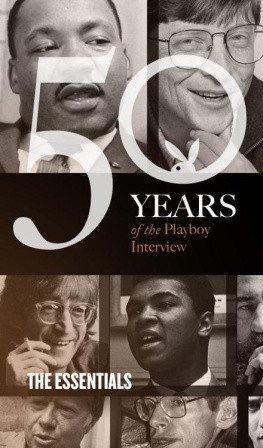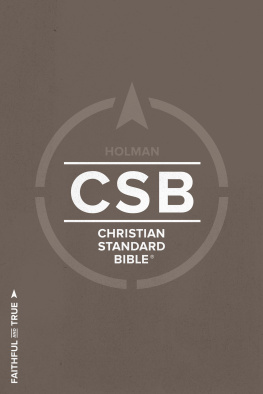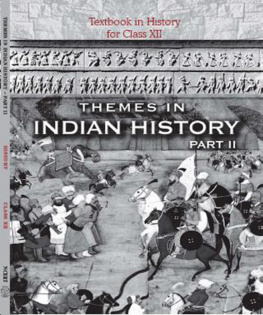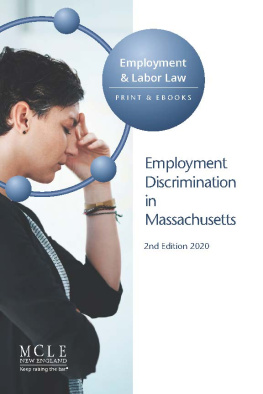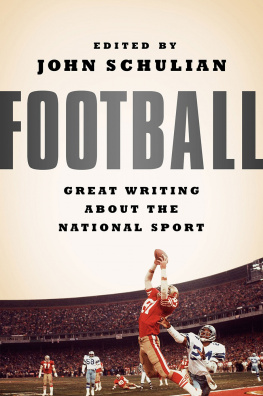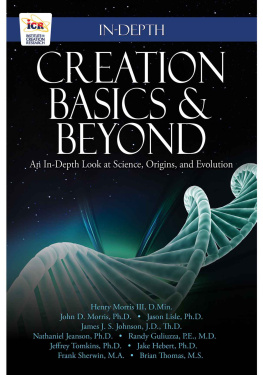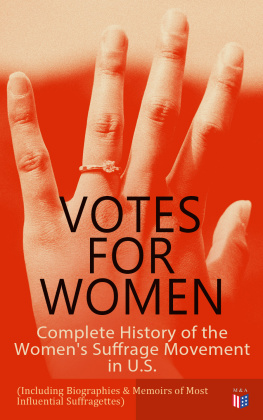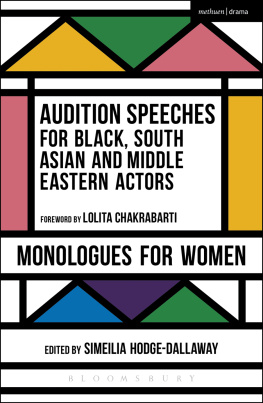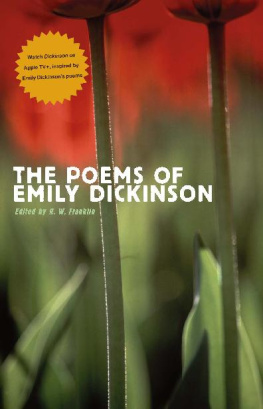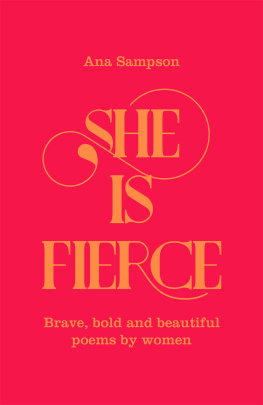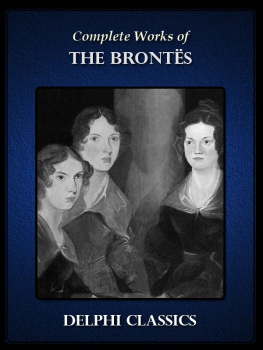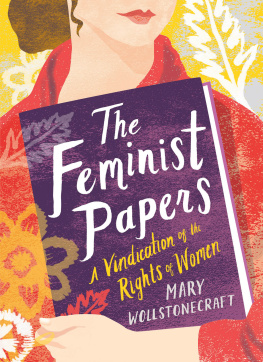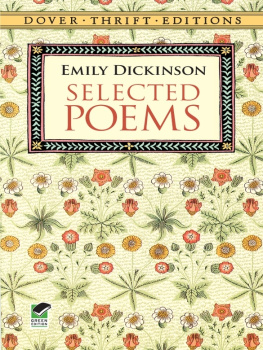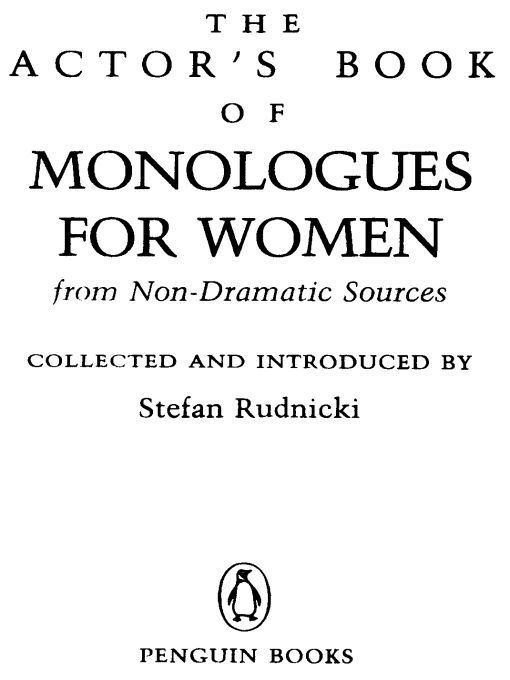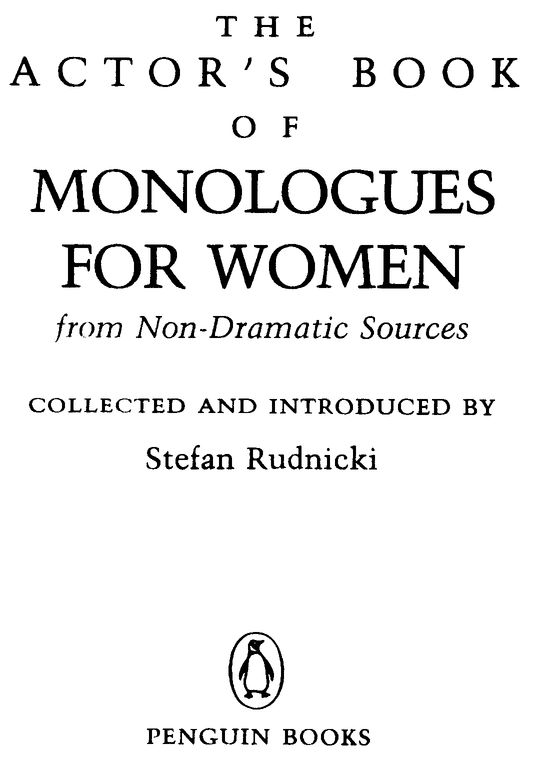Table of Contents
PENGUIN BOOKS
THE ACTORS BOOK OF MONOLOGUES FOR WOMEN
STEFAN RUDNICKI was born in Krakow, Poland, and lived in Stockholm, Sweden, and Montreal, Canada, before arriving in the United Stateswhere he was educated principally at Columbia University and the Yale School of Drama.
In addition to having directed over one hundred and thirty theatrical productions in New York, regional theatre, and abroad (more than a quarter of them classics and fifteen by Shakespeare), he is also an actor, producer, award-winning playwright, photographer, and film and video director.
He has taught at the University of Rochester, the East-man School of Music, New York University, Dartmouth College, the State University of New York at Old Westbury, and Long Island Universitys C. W. Post Campus, where for six years he chaired the Department of Theatre and Film.
He has been artistic director of Skyboat Road Company since 1979, and with his wife, Judith, resides alternately in New York City and Los Angeles, teaching, coaching, developing new film and television projects, and continuing to evolve his Interactive Matrix Process for performers. He is the author of The Actors Book of Classical Monologues and the forthcoming Actors Book of Classical Scenes, both published by Penguin USA.
ACKNOWLEDGMENTS
I am grateful to all those persons who, by suggesting sources and authors unfamiliar to me, pointed me down glorious paths of discovery. Most prominent among them are Sally B. Owen of Judiths Room Book Shop in New York City, Rachel Fletcher, Ann Harvey, Sally Cummings, and Lisa Juliano. For their help in bringing these monologues to life for me, I thank the dozens of students, particularly the members of Classical Matrix Laboratory, who spoke these speeches so earnestly and listened so attentively. For more material support I thank Edith Cummings, David Skolkin, Betty Binns, and Martin Lubin. I thank the parade of encouraging editors at Viking Penguin: Will Nixon, Laura Ross, Lisa Kaufman, Leslie Herzik, and Michael Millman. And I thank my wife, Judith Cummings, whose impeccable taste and fine eye for detail have contributed essential clarity and elegance.
I dedicate this book to my mother, Danuta Podworska Rudnicki, her mother, Maria Podworska, to all women in their ever blessed and infinite variety, and to the Goddess.
Stefan Rudnicki Hollywood, 1991
GENERAL INTRODUCTION
I know what madness is.
Its not-knowing how another man feels.
A madman has never been
In another mans shoes.
Maria Irene Forns, Promenade
The purpose of this collection is simple: to bring a wide range of monologue material to women of as many ages, backgrounds, and sensibilities as possible. Non-dramatic sources include any written or spoken material that was not originally intended to be theatrically or cinematically performed, although a few of these selections have been adapted for the stage and screen. It is also my hope to bring to the attention of actors, speakers, students, and all those generally interested in womens studies, the resources available in the form of poetry, fiction, diaries and journals, and documents of public record, all crying out to be performed. Although I have included authors and specific works familiar to the general reader, I have given more attention to obscure writing and unlikely sources, even admitting several uniquely useful selections written by men.
DIVERSITY AND FASHION
Early in the preparation of this manuscript I began bringing monologues to whatever class I happened to be teaching and asking students to read aloud selections with which I thought they might feel a strong connection. The responses from the readers were usually very positive and were always useful to me editorially, but I did encounter surprising difficulty on another front, an occasional lack of tolerance for certain monologues from those who were involved as audience. Jane Carlyles Victorian miniature To a Swallow Building under Our Eaves, for example, elicited a violent response from several women in one class, who stated that the piece was offensive to them and that any author capable of perpetrating this kind of writing was wholly reprehensible. Citing sentimentality, criminal self-effacement, and plain bad writing as their principal objections, they strongly counseled me against including the poem in this book. Curiously, they had no such problem with Carlyles other selection, her Letter to John Sterling, a witty, canny piece of social satire. The woman who had read To a Swallow ... aloud, however, felt a powerful kinship with the piece and decided to devote considerable time and effort to preparing it. Only in the face of her staunch preferment would the objectors acknowledge that the poem might have some worth.
This event sensitized me to the importance of diversity as a humanistic value, and I began to feel more strongly than ever the responsibility to present the broadest selection possible, culturally and aesthetically as well as dramatically, realizing that no particular agenda could serve everyone and that not everyone would be equally served or equally pleased with every item. Most of the many womens anthologies I have perused, for example, espouse a particular view of women or of the experience of being a woman and in this way limit their field of vision by omitting material that might be either politically, aesthetically, or socially out of keeping with the particular biasor perhaps simply out of fashion. It is any deference to fashion that I have tried particularly to avoid; I have attempted instead to provide contrasting perspectives with an emphasis on minority viewpoints. It is by actually speaking the words of others, by sharing, however momentarily, another persons perspective, that real understanding, true collaboration, and genuine freedom are achieved. Freedom of speech itself has two sides: the license to express oneself and the opportunity to hear another side. In the long run, I believe the latter to be by far the more important.
CHOOSING A MONOLOGUE
I have intentionally avoided organizing this collection by stock type or age range since most of the selections can be comfortably presented by most women. Because so much of the material is narrative in form, often even supplying a situation to serve as a frame for the central monologue, it is a relatively simple matter for the actor to justify speaking as someone quite different from herself. In one extreme case, for example, Anais Nin records the story of a grounded aviator during World War II, and the selection is enriched by the contrasting textures of the aviators male perspective and Nins own reactions. Anyone may successfully perform this monologue, because the narrator is never physically identified. She is a kind of Everywoman, showing us something about a particular mans experience and then commenting on it.
The only way to know whether a piece is suitable for you is to experience it, so I recommend reading, out loud, as many selections as seem interesting. When the words of someones story are spoken, an entire world is set in motion, with the actor at the center of it, assuming the authors place. Even a first rough reading will provide a good indication of whether it is a world you wish to inhabit for any length of time.


